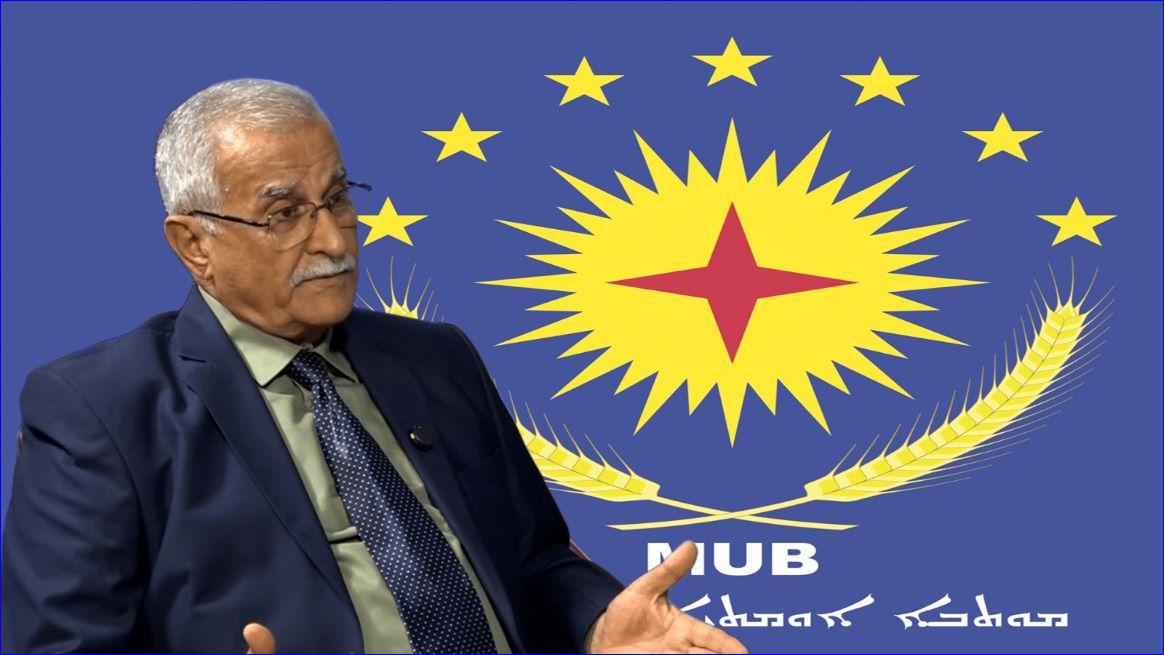


The General Context
The Iraqi government confirmed the election date following lengthy consultations within both the parliament and the electoral commission.
The vote comes amid public tension and a political atmosphere still shadowed by the 2019 Tishreen protests, whose demands for ending sectarian power-sharing and overhauling the system remain largely unmet.
Prime Minister Mohammed Shia' al-Sudani seeks to secure a second term through a broad political alliance, while opposition and independent forces are rallying around a reformist and youth-centered discourse.
The Political Landscape
Iraq's scene today is divided between major blocs and emerging movements:
Political Bloc Electoral Base Orientation Coordination Framework South and Central Iraq, Pro-Iran, conservative Sadrist Movement (unofficially) Baghdad and South Popular--reformist Sovereignty Alliance, Anbar and Nineveh, Sunni-- tribal Kurdistan Democratic Party (KDP), Erbil and Duhok--Kurdish nationalist Patriotic Union of Kurdistan (PUK) Sulaymaniyah, Left-leaning, Kurdish Civil and Independent Movements Baghdad, Basra, Nineveh Protest-based, civic. Competition will be intense, but traditional forces still control financial and media power, leaving independents facing an uneven battlefield. In Baghdad, the epicenter of political decision-making, votes are likely to split among the Coordination Framework, Sadrists, and independents.
Forecast: voter turnout around 35%, with continued dominance by traditional Shi'a blocs.
In Basra, despite oil wealth, residents remain frustrated by polluted water and unemployment--a divide is expected between Framework loyalists and clan-backed independents.
In Nineveh, with its ethnic and religious diversity, a delicate balance is expected among Arabs, Kurds, and Christians, with security concerns lingering in the Nineveh Plains and Sinjar.
In the Kurdistan Region, the KDP remains dominant in Erbil and Duhok, while the PUK holds Sulaymaniyah--though growing youth anger over corruption and nepotism challenges both.
Structural Challenges
- An electoral law favoring large parties at the expense of independents.
- The influence of money and weapons on voter behavior.
- Youth apathy, stemming from disillusionment with politics.
- Low trust in the Electoral Commission and accusations of politicization.
- Together, these factors will determine whether Iraq's system can still be reformed from within.
Possible Scenarios
Scenario One -- Status Quo Persists (60%)
The Coordination Framework maintains its majority; sectarian power-sharing continues.
Scenario Two -- Rise of Independents and Reformists (25%)
A strong youth turnout gives rise to a civil bloc demanding real reform and new legislation.
Scenario Three -- Crisis of Legitimacy or Partial Postponement (15%)
Low participation or disputes among factions could lead to partial delays or re-voting.
The International Position
The UN and EU have expressed readiness to monitor the elections.
Iran aims to safeguard its influence through allied forces.
The United States observes closely, testing Iraq's independence of decision-making.
Regional neighbors, especially Turkey and Jordan, view the elections as a way to stabilize regional dynamics.
The Stance of the Assyrian people
Amid this political turbulence, most Assyrian parties have announced their boycott of the elections, denouncing the manipulation of the Christian quota seats by dominant powers.
- Control of Christian quota seats by external forces with no real programs or history of defending the Assyrian people's rights, often winning through non-Christian votes.
- Exclusion of respected national figures, such as Joseph Sliwa, head of the Beth Nahrain Patriotic Union (Huyodo d'Bethnahrin Athroyo, HBA), and Issam Behnam Matti Daaboul, former deputy head of the HBA and ex-governor of al-Hamdaniya.
- Erosion of Christian community trust in the electoral process and the Commission.
- Weak state authority in areas like the Nineveh Plains and Sinjar, undermining free choice.
- These parties have called for amending the quota law so that Assyrian people's votes go exclusively to their genuine representatives. Meanwhile, some youth voices advocate symbolic participation to ensure their people's voice remains present in parliament.
This reveals a crisis of representation--a growing sense among Assyrian members that their political role has become largely ceremonial.
Yet, it also stands as an assertion of awareness and rejection of marginalization, a reminder that no national reform is complete without justice for Iraq's historical communities who have helped build the nation for millennia.
Our Assyrian people's parties and organizations have also taken varying positions, predominantly leaning towards boycotting and quiet political protest rather than active participation.
The 2025 Iraqi elections are more than a contest for seats--they embody the struggle between hope and despair, between those who still believe in reform and those who have lost faith in the entire process.
If Iraqis truly seek change, they must transform protest into informed participation, turning the ballot from a symbol of frustration into a tool for renewal--one that restores meaning to democracy and offers the nation a new chance to rise from the cycle of failure.

or register to post a comment.